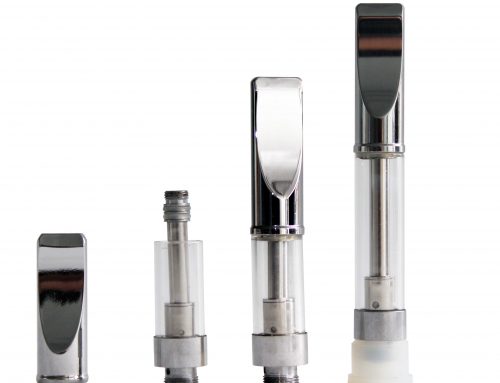Can I get high from vaping CBD oil?
Introduction:
Vaping CBD oil has gained significant popularity as a potential therapeutic option for various ailments. However, many individuals still wonder if vaping CBD oil can induce a high similar to that experienced with THC-rich cannabis. In this article, we will delve into the effects of vaping CBD oil and address common misconceptions surrounding its psychoactive properties.
Understanding CBD and THC:
Before discussing whether CBD can get you high, let’s understand the differences between CBD and THC. CBD, or cannabidiol, is a non-psychoactive compound found in cannabis plants. It is typically derived from hemp, which contains low levels of THC. THC, or tetrahydrocannabinol, is the psychoactive compound responsible for the intoxicating effects of marijuana.
CBD’s Non-Psychoactive Nature:
One of the key reasons why CBD does not produce a high is its interaction with the endocannabinoid system (ECS) in our bodies. CBD primarily influences the ECS by interacting with its receptors, primarily CB1 and CB2 receptors. Unlike THC, CBD does not bind directly to CB1 receptors in the brain, which are responsible for psychoactive effects. Instead, CBD influences the ECS in a way that promotes balance and relaxation without inducing intoxication.
Vaping CBD Oil and Its Effects:
Vaping CBD oil allows for quick absorption into the bloodstream, leading to rapid onset of potential effects. When CBD is inhaled through vaping, it bypasses the digestive system, resulting in faster delivery to the body’s receptors. The effects of vaping CBD oil typically include a sense of relaxation, reduced anxiety, and potential relief from pain and inflammation. These effects are often attributed to CBD’s interaction with the ECS and its potential to modulate various physiological responses.
Misconceptions Surrounding CBD and Psychoactivity:
Despite scientific evidence and anecdotal experiences proving the non-psychoactive nature of CBD, some misconceptions still persist. One common misconception arises from the association between CBD and cannabis. While CBD is indeed extracted from cannabis plants, it should be noted that not all cannabis products contain psychoactive levels of THC. CBD products derived from hemp plants legally contain less than 0.3% THC, making them non-intoxicating.
Another misconception stems from the confusion between drug tests and CBD usage. Traditional drug tests primarily detect THC metabolites, rather than CBD. Therefore, when consuming CBD products derived from hemp with minimal THC content, it should not result in a positive drug test for THC.
Benefits of Vaping CBD Oil:
Vaping CBD oil offers a convenient and discreet method of consumption, allowing individuals to experience potential benefits without the need for harmful smoke inhalation. Some potential benefits of vaping CBD oil include stress and anxiety reduction, improved sleep quality, relief from chronic pain and inflammation, and mood enhancement. However, it is important to note that individual responses may vary, and further research is needed to substantiate many of these claims.
Safe Usage and Quality Control:
When considering vaping CBD oil, it is crucial to prioritize safety and quality control. Choose reputable brands that provide third-party lab test results for their products. These tests ensure that the CBD oil is free from contaminants, such as pesticides, heavy metals, and residual solvents. Additionally, start with a low dosage and gradually increase until you find the optimal amount for your individual needs.
Conclusion:
In conclusion, vaping CBD oil does not result in a psychoactive high associated with THC. CBD is a non-psychoactive compound that promotes relaxation and balance by interacting with the endocannabinoid system without inducing intoxication. While misconceptions about CBD’s psychoactivity exist, scientific research supports its safety and potential therapeutic benefits. If you decide to vape CBD oil, choose high-quality products from reputable brands and prioritize responsible usage to maximize potential benefits.
